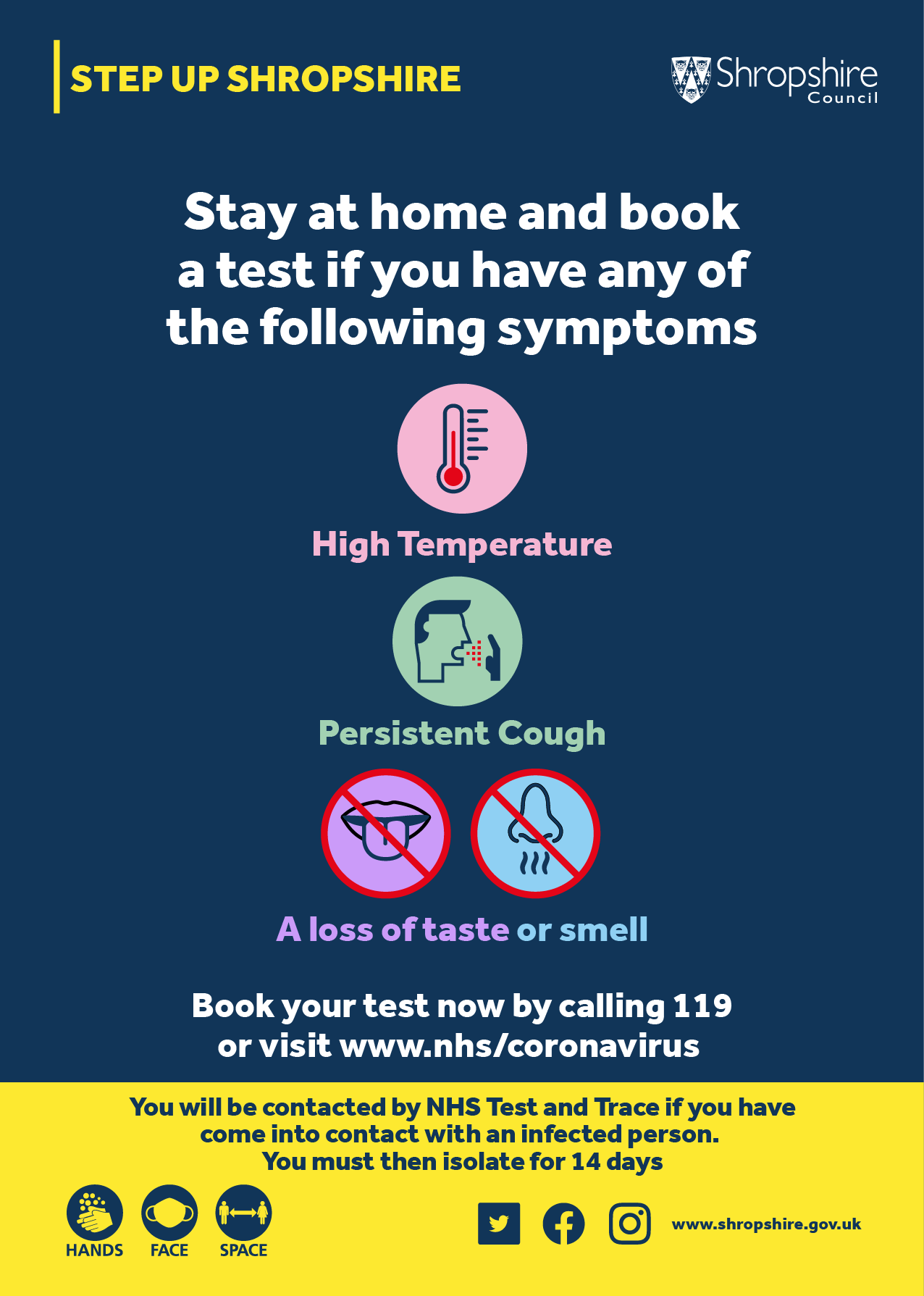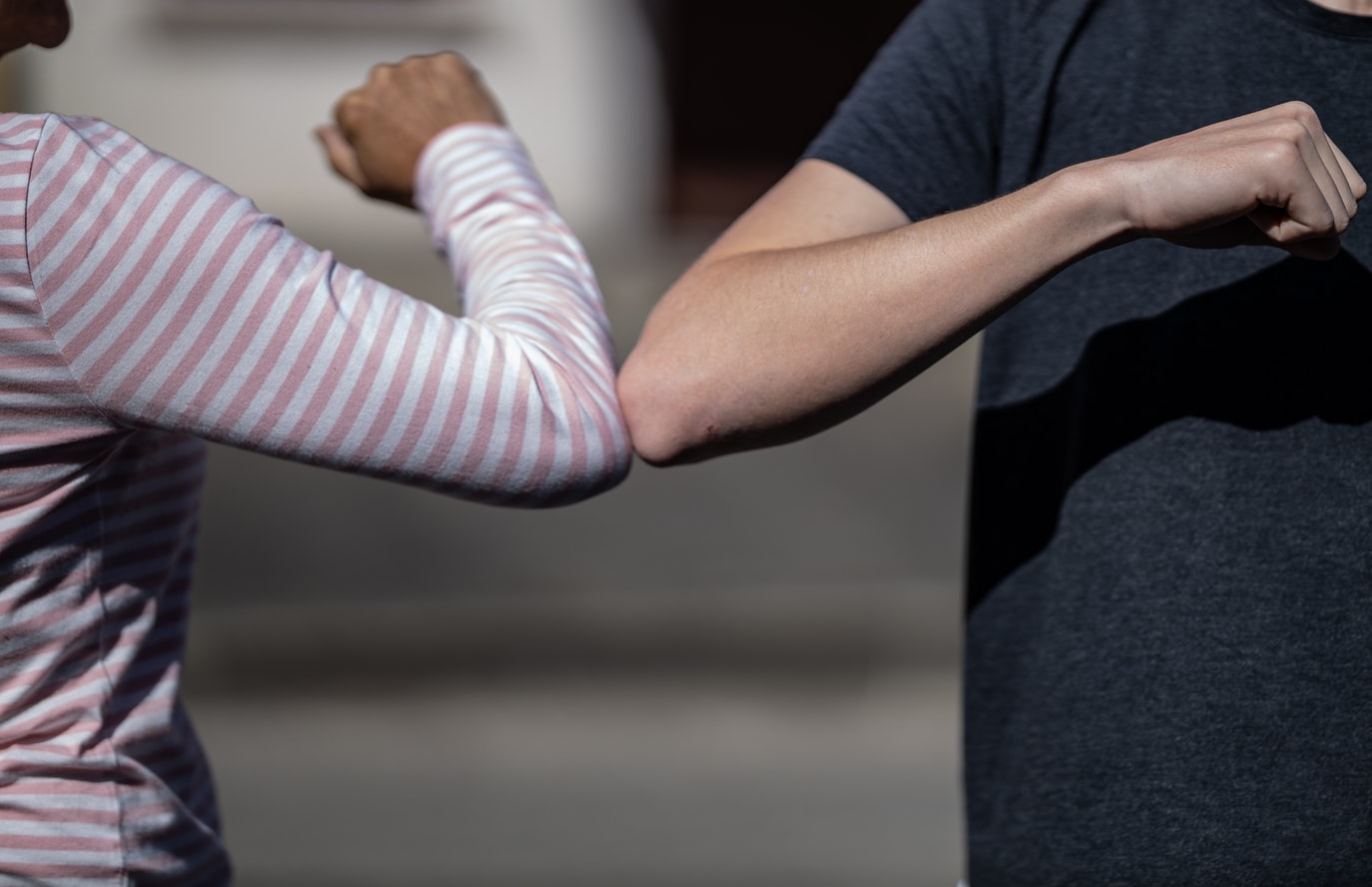

Symptoms of COVID-19 usually show up two to 14 days after exposure to SARS-CoV-2, but some people who are infected do not develop symptoms or feel ill. Varying degrees of fever, fatigue and breathing problems can occur, on and off, for days or even weeks. During the recovery process, people with COVID-19 might experience recurring symptoms alternating with periods of feeling better. People infected with the coronavirus who have no symptoms can still spread the virus to others. Remember that it is possible to have COVID-19 with minimal symptoms or even no symptoms at all. If you do have one, it may be mild and infrequent, or you may cough heavily at times. You can be infected with the coronavirus and not have a cough. A cough is one of the common symptoms of COVID-19, but it is not always present. Can you have the coronavirus without a cough? Keep in mind that it is also possible to have the coronavirus with minimal symptoms or even no symptoms at all. A fever is one of the common symptoms of COVID-19, but you can be infected with the coronavirus and have a cough or other symptoms with no fever, or a very low-grade one - especially in the first few days. Can you have the coronavirus without a fever? This is why it is very important to call your doctor if you have symptoms, even mild ones. The type and severity of first symptoms can vary widely from person to person. Some people who have COVID-19 develop pneumonia. COVID-19 can cause symptoms that are mild at first, but then become more intense over five to seven days, with worsening cough and shortness of breath. Others experience a loss of smell or taste. Please review CDC guidelines for isolation and quarantine to help prevent the spread of COVID-19 What are the first symptoms of coronavirus infection?Įarly symptoms reported by some people include fatigue, headache, sore throat and fever.

Close contact is being less than 6 feet away from an infected person (laboratory-confirmed or a clinical diagnosis) for a cumulative total of 15 minutes or more during a 24-hour period. Exposure is contact with someone infected with SARS-CoV-2, the virus that causes COVID-19, in a way that increases the likelihood of becoming infected with the virus. If you suspect you were exposed to or had close contact with someone with COVID-19, you should self-quarantine, watch for symptoms and consider getting tested four or five days following the exposure. A study led by researchers at the Johns Hopkins Bloomberg School of Public Health shows that the median time for symptoms to show up is about five days, however, CDC research suggests that the median time for omicron symptoms to develop is about three days. Symptoms can begin two to 14 days after you have been infected with SARS-CoV-2. If I’m exposed to the coronavirus, how long will it be before I might develop symptoms? If you become severely ill, you may need hospital care. If it turns out that you have COVID-19, mild cases can be managed at home with rest and self-isolation. The next steps will be discussed, including whether you should have a coronavirus test. If you feel ill, call your doctor’s office or health care center and explain your symptoms over the phone. When should I contact a doctor about my symptoms? Call your doctor or health care center regarding any symptoms that are severe or concerning to you. There are other possible symptoms of COVID-19.

If you have any of the symptoms, contact a doctor or other health care provider, who can assess your risk and help you determine the next steps. Some of these symptoms are very common and can occur due to many conditions other than COVID-19, the disease caused by the coronavirus called SARS CoV-2. Shortness of breath or difficulty breathing.Lisa Maragakis, M.D., M.P.H., senior director of infection prevention for the Johns Hopkins Health System, explains what to look for and when to get help. Do you know the symptoms of COVID-19? Knowing the warning signs can help you take the right steps if you or loved ones become sick.


 0 kommentar(er)
0 kommentar(er)
